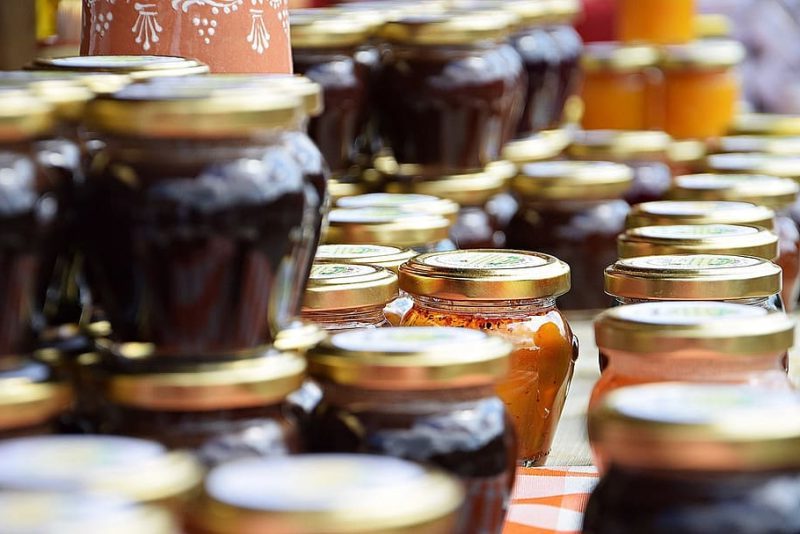Clearer labeling for what Europeans eat for breakfast. On Tuesday, Parliament determined its position on the revision of the so-called “breakfast guidelines” – which are more than twenty years old – with 522 votes in favor, 13 against and 65 abstentions. The proposal updates the rules on composition, nomenclature, labeling and presentation of a range of foods and drinks that are common with the first meal of the day.
Clear indication of the country of origin
The MEPs want the name of the country where the honey was collected to appear. For fruit juices, jams, jellies and marmalades and sweet chestnut puree, the country of origin of the fruit used must also be visible on the front label. If the honey or fruit used comes from multiple countries, they should be listed in descending order depending on the ratio.
To tackle honey fraud, Parliament is proposing a traceability system to identify its origin. With the exception of small beekeepers in the EU. They also propose to establish a honey reference laboratory to detect adulteration through systematic analysis.
Sugar content
The EP also proposes to allow the ‘only natural sugars’ label for fruit juices. To meet the growing demand for low-sugar products, reformulated fruit juices may be labeled as ‘reduced sugar fruit juice’.
New techniques that eliminate natural sugars in juices, jams, jellies or milk should not lead to the use of sweeteners. To compensate for the effect of the sugar reduction on the taste, texture and quality of the end product, say MEPs. Labels should also not contain claims about positive qualities, such as health benefits. Clearer labeling for what Europeans eat for breakfast.

